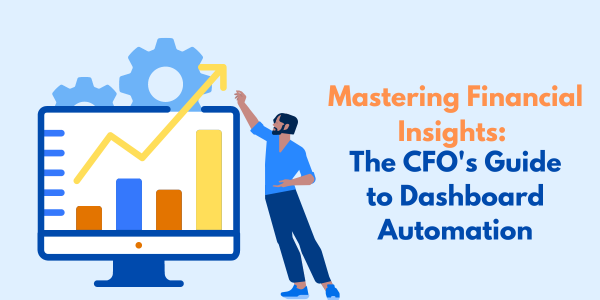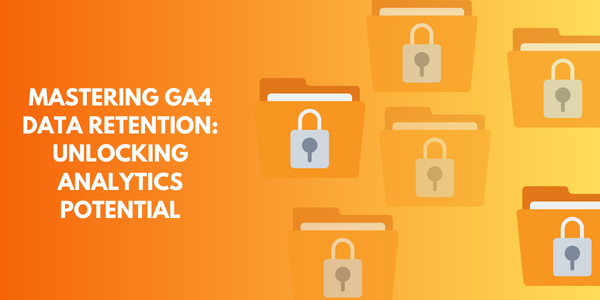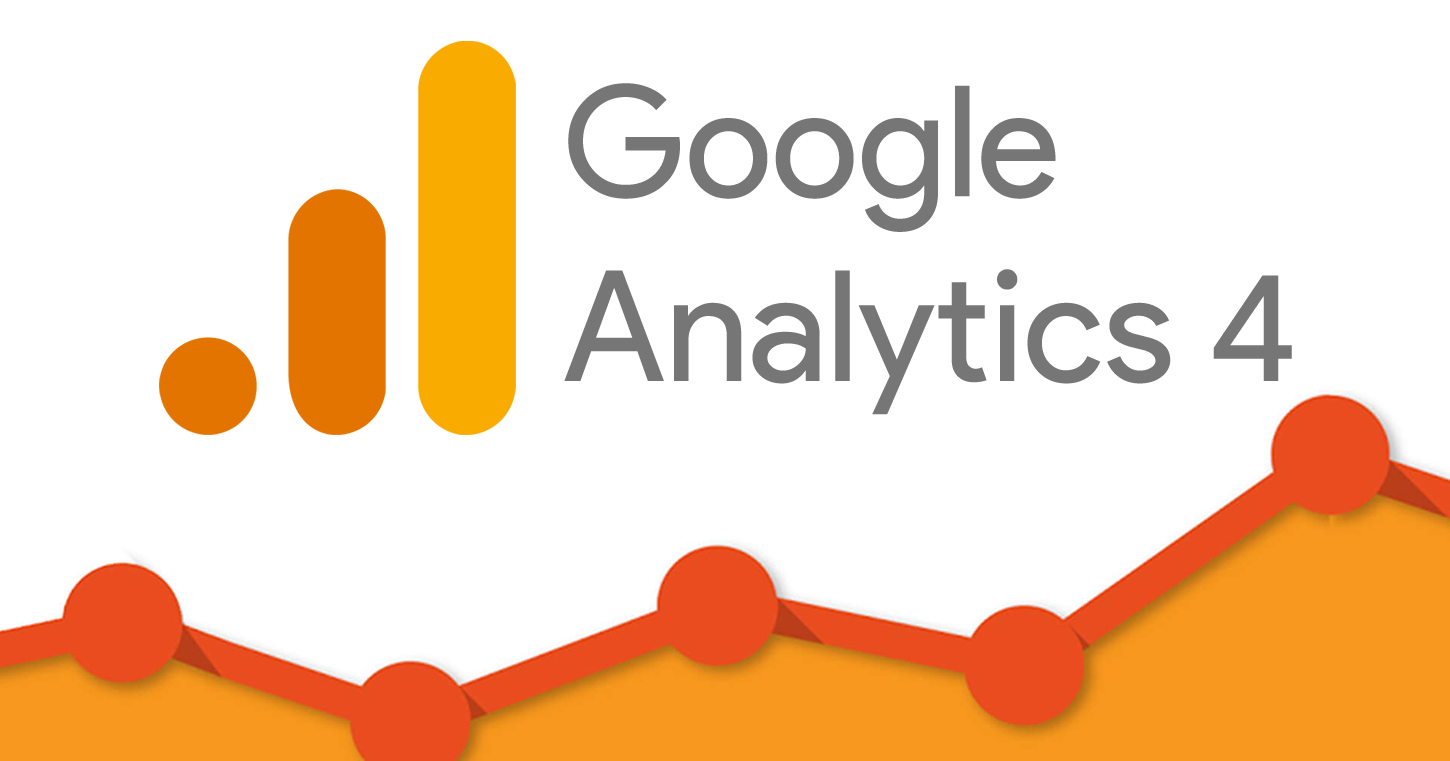There is a proverb that states, “A picture is worth a thousand words.” Businesses typically use data visualisation to display data in a utilise Tableau Software, the top data visualisation programme. No of your level of industry expertise, Tableau is a top pick thanks to its user-friendly interface and comprehensive capabilities.
The ability to create expertly created reports that demonstrate the value of data visualisation is one of Tableau’s key benefits. With Tableau, users can build interactive dashboards that provide in-depth data analysis and immediate insights. These dynamic reports give organisations the ability to base decisions on an accurate and recent analysis by doing away with dependency on previous reports and static displays.
By employing Tableau’s features and your technical expertise, you may assist your company or organisation in reaping the full rewards of data visualisation. According to Tableau, data visualisation increases comprehension and makes it simpler to share insights with stakeholders. Tableau’s interactive dashboards enable decision-makers to examine data, see patterns, and learn insightful information, ultimately leading to well-informed and data-driven decisions.
However, before choosing to get Tableau, it’s imperative to carefully consider its advantages and disadvantages. Consider factors including pricing, implementation needs, and the unique requirements of your organisation.
Why Opt For Visualization?
If you’re wondering why data visualization is essential, there are several reasons. Firstly, it helps to identify patterns and trends that may not be noticeable in a spreadsheet or raw data format. Secondly, visualizations provide an intuitive way of conveying complex information, making it easier for decision-makers to understand the insights presented. Finally, they enable better communication between teams across departments by providing a common language.
Tableau reports, created by Tableau experts, offer an exceptional demonstration of the power of data visualization. With Tableau software, users can create interactive dashboards that allow them to explore their data visually. These dynamic reports enable businesses to make more informed decisions based on real-time insights, eliminating the reliance on historical reports and static charts.
Furthermore, Tableau reports have the capability to connect multiple datasets from different sources into one comprehensive report or dashboard view. This seamless integration provides organizations with access to vast amounts of data without the need for manual consolidation efforts. The result? More accurate analyses and quicker answers to critical business questions.
With all these benefits of using Tableau and leveraging the expertise of Tableau professionals, investing time and resources in learning about this technology can significantly enhance your organization’s analytics capabilities.To sum up, if you want to keep up with the competition in today’s fast-paced world, where every second counts when it comes to making important decisions, opting for visualization with Tableau reports is the way to go!
What Is Tableau Software?

Tableau Software is an exceptional data visualization solution that empowers businesses to easily analyze and visualize their data. Users can access a variety of tools and features through effortlessly create interactive dashboards, reports, and charts with just a few clicks. As a Tableau expert, you can take full advantage of its capabilities.
One of the standout features of Tableau Software is its intuitive drag-and-drop interface, which makes it accessible even for non-technical users working with complex data sets. Additionally, Tableau seamlessly integrates with various data sources like Excel, and SQL Server, and cloud-based applications such as Salesforce.
Overall, Tableau’s user-friendly interface and robust analytics capabilities have made it a well-liked option for businesses looking to streamline their data analysis processes.
Here are some notable features of Tableau Software:
- Interactive Dashboards: Users can create dynamic dashboards that enable real-time interaction with visual representations of their data.
- Powerful Analytics Tools: The software offers advanced analytical capabilities, including forecasting, trend analysis, and clustering.
- Data Blending: Tableau allows users to combine multiple datasets from different sources into a single view or dashboard, providing deeper insights into business operations.
- Mobile Compatibility: Tableau provides mobile compatibility, enabling businesses to access their dashboards on the go using smartphones or tablets.
- Collaboration Features: Users can seamlessly collaborate within the platform by sharing views and comments on specific parts of the dataset.
In summary, Tableau Software is a robust data visualization tool that empowers businesses across industries, from healthcare to finance, to transform raw information into actionable insights. Its ease of use, extensive feature set, and wide range of applications make it a preferred choice for organizations. In the upcoming section, we will further explore the advantages of using this software.
The Pros Of Tableau Software
Tableau software is widely recognized as a powerful data visualization solution that offers exceptional ease of use and versatility, earning praise from numerous users. One of its main advantages is its capacity to to handle large volumes of complex data, enabling users to swiftly uncover patterns and trends that might have otherwise gone unnoticed. Moreover, Tableau provides a broad range of customization options, allowing users to create visualizations tailored to their specific requirements.
Another notable advantage of Tableau is its intuitive drag-and-drop interface, which simplifies the creation of engaging visualizations, even for non-technical users with minimal training. This feature proves particularly valuable in organizations where different teams or departments possess varying levels of technical expertise. Additionally, Tableau’s interactive dashboards provide real-time insights into crucial metrics, empowering businesses to make well-informed decisions on the go.
Overall, Tableau software distinguishes itself as a highly user-friendly and effective solution for data visualization, garnering continued reliance from individuals and businesses alike. Its robust features, extensive customization options, streamlined interface, and flexible deployment capabilities contribute to its popularity.
While it’s important to acknowledge that Tableau software has a few limitations, they generally pale in comparison to the aforementioned benefits. The section after this one will go into more detail about these limitations and explore how they might affect your experience with the software.
The Cons Of Tableau Software
While Tableau software is widely recognized as an excellent data visualization solution for businesses, it’s important to consider its limitations before making an investment.
Firstly, one of the main drawbacks of Tableau is its high cost. Compared to other similar tools in the market, Tableau’s pricing structure can be quite expensive. This could be difficult for startups or small businesses. startups with limited budgets.
Secondly, Tableau has a steep learning curve. Despite offering powerful features and functionalities, mastering the software requires an extensive time and effort commitment. Users may need weeks or even months to become proficient in utilizing all the functions it offers.
Lastly, while Tableau provides interactive dashboards and visualizations, it lacks flexibility in terms of customization options. Users may find it challenging to personalize their designs according to their preferences. This limitation can be restrictive for those who seek complete control over the visual presentation of their data.
In summary, while Tableau is an exceptional data visualization solution, it’s essential to consider its disadvantages when making a purchasing decision. The high cost may deter small businesses, but if you have the necessary resources and require advanced analytics capabilities, Tableau is worth considering. Although mastering the complex functionality may take time, it can offer insightful information about your business data.. Overall, Tableau is recommended for larger organizations seeking robust reporting solutions rather than smaller companies that are just starting out.
Conclusion
In conclusion, Tableau Software offers a powerful data visualization solution that can be used to help users understand their data. With its straightforward interface and substantial feature set, it’s no wonder why so many businesses and organizations have turned to this platform for their analytics needs.
One of the biggest pros of Tableau is its ability to easily manage massive amounts of data. Whether you’re dealing with millions of rows or just a few hundred, the software can quickly analyze your information and present it in an easy-to-understand format.
However, as with any tool, there are also some cons to consider when using Tableau. For example, while it excels at visualizing data, it may not be the best choice for more complex statistical analysis or predictive modelling.
It is said that “the proof is in the pudding.” ” Ultimately, whether or not Tableau is right for you will depend on your specific needs and goals. But if you’re looking for a user-friendly and effective way to visualize your data, then this software is certainly worth considering.








